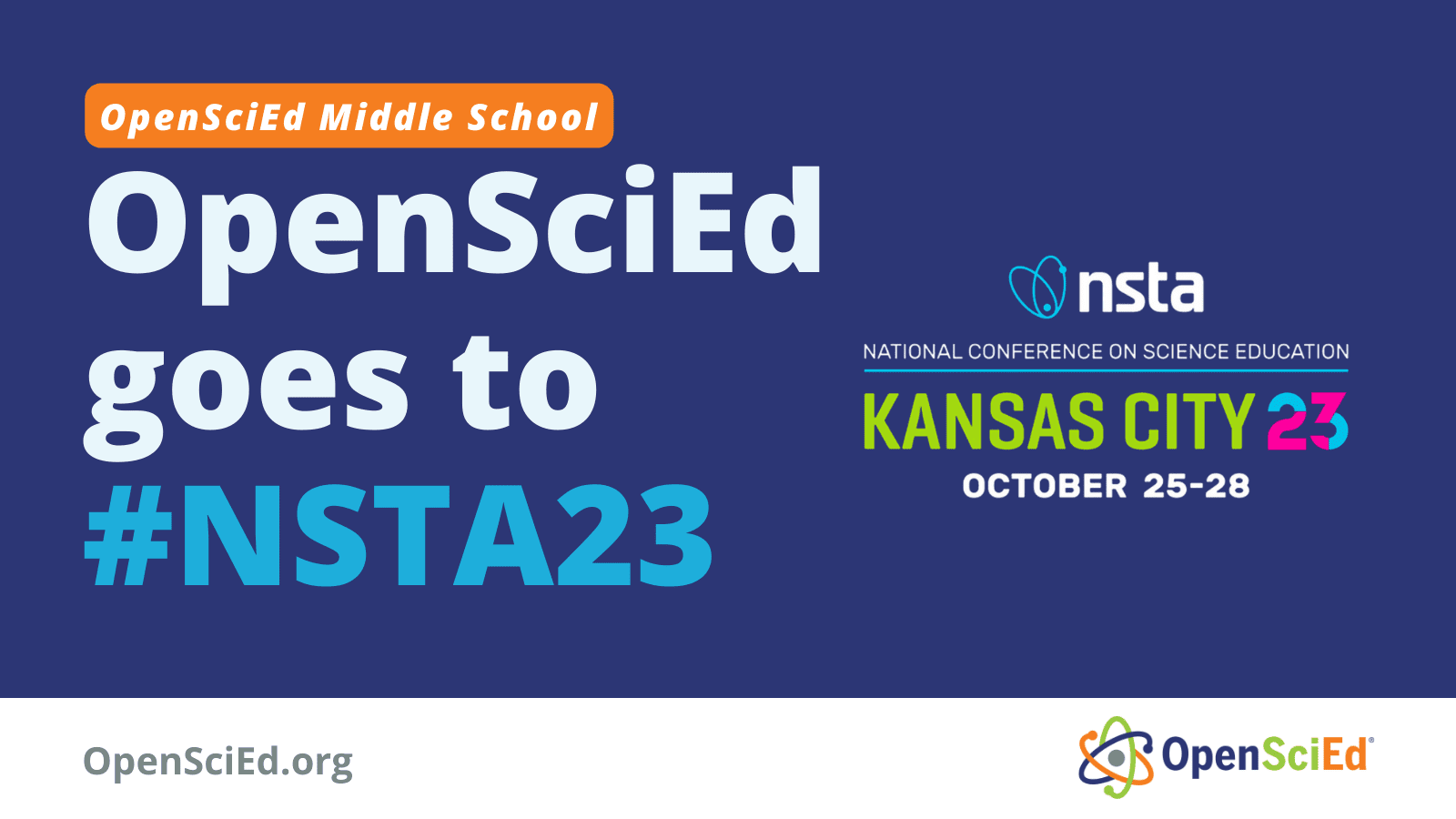#NSAT23 – Equitable Discussions of Nature-Culture Relationships: OpenSciEd Biology
OpenSciEdGraphic-FINAL-White-Background-01Expand the socio-ecological thinking you bring to science phenomena using frameworks from Learning in Places. Experience examples of how these frameworks are part of the OpenSciEd biology course. TAKEAWAYS: Recognize your own positionality in nature-culture relations and think about how to bring this framework to your students. SPEAKERS: Sara Krauskopf (Educational Consultant), Kate Henson (University […]




